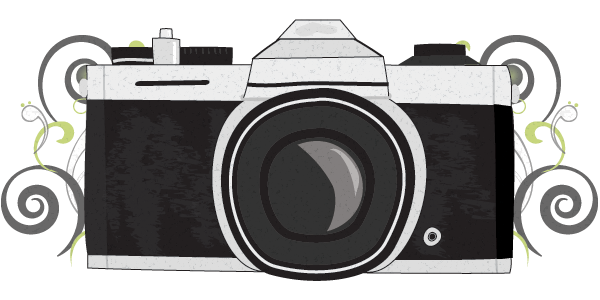Asalamualikum Warahmatullahi. Well, as any good thing come, it’s time to end it to allow something else to come thru. On week by week, we have to seat and read those journals. Well, it going to end soon. Anyway, this week post will be the overview of this BCM310 subject. First of all, I will be missing this activity as I’ve figure out that one of the main reason we are doing this is to ensure us as a student will read the notes and journals as this subject doesn’t have a final exam. I’m glad that im doing so as i’ve learn a lot from reading those journal. To be honest, if we are not doing this wekkly post and there wasn’t any final paper, I believe I wont be learning anything from this class.
This class Emerging Issues in Media & Communications is one of my 5 subject that i’m taking this semester. The things that we have learned from the beginning till the end about this class have help me to see the world with a much open eyed. I’ve learn terms such as ‘pinkwashing’ and ‘white bread media’ that only during this class only we are able to know about them. Therefore im glad that we are given the opportunity to learn.
Overall, I do believe that this class may be a bit dull but with Ms Rohayu as our lecturer, she seems to light up the class even with an early morning class. For that I thank you so much my lecturer to make this a memorable experience. Thank you for your guidance, patience and understanding.
